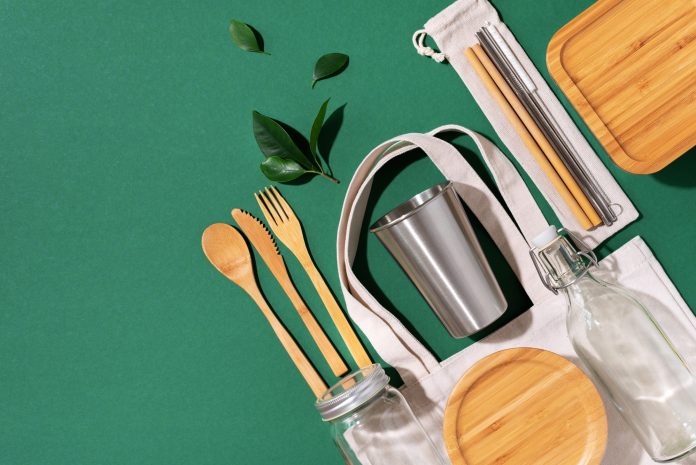Single use plastic bags, products and packaging have been in the sustainability spotlight in recent years. And it’s no wonder.
In addition to the immense environmental damage they can contribute to after use, they’re also an easily visualised problem. Consumers can see plastics accumulating, whether littered or taking up space in the garbage or recycling bins at home.
Additionally, consumers are more educated about recycling and are realising that many items they had ‘thoughtfully disposed of’ through kerbside recycling programs were not recyclable through this method, or perhaps at all.
Earlier this year, WWF-Australia worked with waste experts from Planet Ark, City of Sydney, Monash Sustainable Development Institute, Adaptation Environmental Support and the Australian Packaging Covenant Organisation (APCO) to survey the recyclability of packaging in 82 popular food products.
The research found only 16 products were entirely kerbside recyclable, 45 must have some elements taken to a collection point, and 21 were difficult to collect and recycle, with many examples of over-packaging and bad packaging design.
Fortunately, many FMCG brands are gaining ground in addressing problematic plastics through means such as altering packaging, educating consumers, and investing in recycling programs.
H2coco recently became a member of APCO, committing to responsibly manage the environmental impacts of its packaging. All its eligible containers are registered with the relevant bodies governing bottle and can recycling for each state and territory, which rewards consumers for managing the disposal of packaging. H2coco has also been involved in numerous campaigns and initiatives focused on reducing ocean plastic.
More recently, H2coco introduced its first plastic-neutral product, H2Aloe.
“Packaging innovation isn’t evolving fast enough to keep up with the demand for consumer needs for convenient products that can be taken on the go,” founder and CEO David Freeman says. “It’s up to us brand owners to challenge our manufacturers and suppliers to come up with alternative eco-friendly options, and, in the meantime, implement interim or short-term solutions that lessen our environmental impact while working towards achieving a longer-term solution.”
Read more about sustainable packaging activity in the October issue of Retail World.





